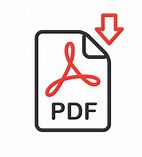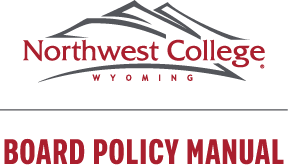To print please use PDF download.
I. Faculty and Professional Growth and Development
The goals of faculty development are educational improvement, individual development, and institutional renewal. Faculty development is intended to aid faculty members in increasing their levels of competency, to counteract loss of spirit, and to build morale. The objective is to promote teaching excellence not only as an ideal but also as a survival skill beneficial to both the faculty as a whole and the College. Faculty development is not simply altruism but a matter of the College’s academic vitality.
The faculty development program is tangible evidence of the College’s commitment to the faculty and its faith in the faculty’s judgment. Participation in the faculty development program illustrates the faculty member’s commitment and contribution to the College, to a professional atmosphere, and to teaching.
II. Range of Professional Development
Professional development encompasses a wide range of endeavors and serves as an indicator of a faculty member’s professional vitality. Professional development consists of those activities that
- advance faculty members’ knowledge or skills in their content areas or in pedagogy;
- cause faculty members to reflect on their teaching and on ways to make it more effective;
- bring about improvements in teaching and student learning.
Faculty are encouraged to follow their own professional interests, but all faculty are expected to stay current in their disciplines and to make efforts to improve their teaching. Evidence of professional development comes from
- returning to school for further graduate work or engaging in other learning opportunities that lead to new certifications or advanced levels of professional competence;reading and research in one’s content area;
- publishing material appropriate to one’s field;
- participating in conferences and workshops;
- serving as an officer or organizer of a professional organization or conference;
- giving readings, exhibitions, presentations, or workshops;
- serving as a resource person and making special expertise available inside or outside of the College;
- consulting in one’s professional area (paid or unpaid);
- designing or redesigning courses in content or form of delivery;
- creating new content for existing courses (assignments, labs, lectures, activities);
- significantly contributing to the design or redesign of a certificate program, AA or AS degree, AAS option, or the technology utilized in a degree program;
- other activities the faculty member deems relevant.

